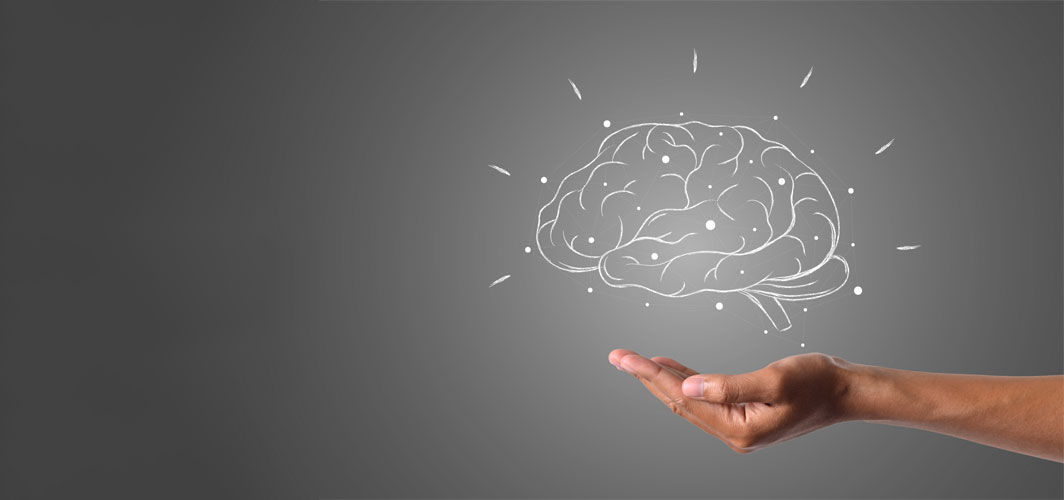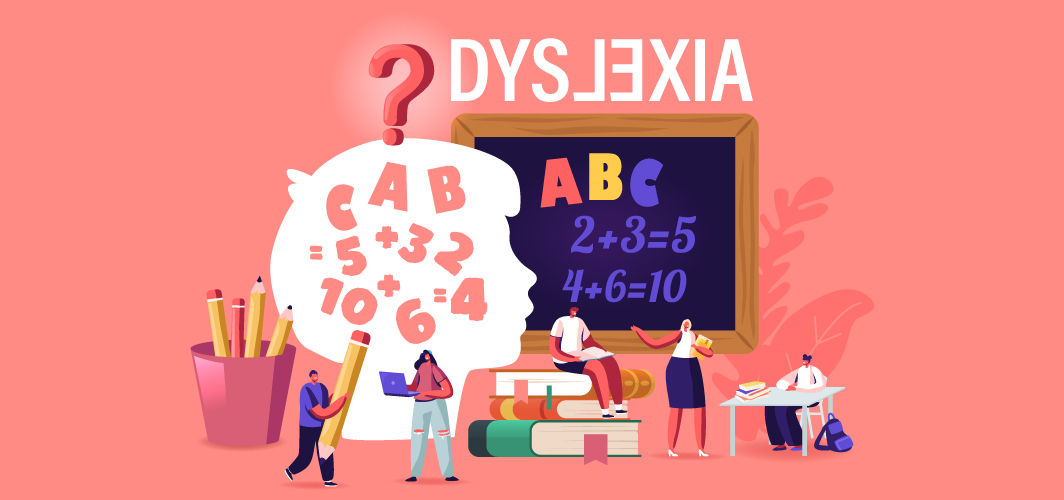Neurology
Sharpen Your Brain With These 7 Foods
2 min read
By Apollo 24|7, Published on - 28 October 2022, Updated on - 02 February 2024
Share this article
0
9 likes

We all pay great attention to the foods that claim to somehow improve our appearance or delay the signs of ageing. However, at times we overlook the nutrients that are actually essential for the effective functioning of our major organs including the brain. Let us look at some of the foods that may enhance your brain function and reduce the risk of brain diseases.
What should you eat to sharpen your brain?
Here are some of the foods to sharpen your brain:
1. Dark Chocolate
Oxidative stress in the body accelerates the ageing of the brain and increases the risk of neurodegenerative diseases. Dark chocolate is made up of cocoa, which is full of flavonoids (a type of antioxidant). Flavonoids help in the growth of blood vessels and nerve cells and improve blood flow to the brain.
2. Seeds and Nuts
Nuts are a stable and abundant source of vitamin E, which is known to maintain brain health as we age. Almonds, sunflower seeds, and hazelnuts are a few foods that are good brain-boosting vitamins. Nuts and seeds also contain antioxidants and omega-3 fatty acids.
3. Coffee
Coffee is a popular stimulant that helps people stay alert and increase their attention span. The caffeine present in it suppresses the brain chemical adenosine, which otherwise causes tiredness. Researchers have also discovered that caffeine stimulates the brain and makes it more active. Additionally, it lowers the risk of Alzheimer's disease, Parkinson's disease, cognitive decline, and stroke.
4. Avocados
Avocados are a good source of unsaturated fat. These fats help in regulating blood pressure and prevent cognitive decline. Other sources of healthy unsaturated fats are fish, walnut, Brazil nuts, flaxseed, and chia seeds.
5. Eggs
These are the go-to breakfast items for many. Eggs act as a source of proteins and vitamins B6, B12, and folic acid. These vitamins help slow down cognitive decline and prevent brain shrinkage.
6. Broccoli
Green vegetables like broccoli have glucosinolates that break down in the body to produce isothiocyanates. Isothiocyanates are known to boost brain health. Furthermore, broccoli also contains vitamin C and flavonoids.
7. Soy Products
Soy products are rich in polyphenols, which decrease the risk of dementia and promote the cognitive function of the brain. Daidzein and genistein, the two isoflavone polyphenols found in soy products, help maintain oxidative balance in the brain.
The food items listed above contain several vital vitamins and nutrients that boost the function of the brain. You can also obtain these nutrients through a variety of supplements. However, it is advised to consult a doctor before making any new additions to your diet. For expert advice,
Medically reviewed by Dr Sonia Bhatt.
Neurology
Leave Comment
Recommended for you

Neurology
Dyslexia Symptoms & Treatments: Know All About This Learning Disorder
Dyslexia is the most common learning disorder that impacts reading, writing, and spelling skills in kids and young adults. Thankfully, early intervention can help in its management.

Neurology
5 Reasons Why Your Parents Are Losing Their Balance
Balance issues occur out of nowhere and start decreasing a person's quality of life. The human body depends on many systems to enable free movement without causing any falls. Damage to the brain can lead to severe balance disorders. In this article, you will find out the reasons behind the loss of balance and how to prevent it.

Neurology
All You Need To Know About Migraine
Migraine is a type of headache that can cause severe, nagging pain but with appropriate treatment, the symptoms can be managed effectively.
Subscribe
Sign up for our free Health Library Daily Newsletter
Get doctor-approved health tips, news, and more.
Recommended for you

Neurology
Dyslexia Symptoms & Treatments: Know All About This Learning Disorder
Dyslexia is the most common learning disorder that impacts reading, writing, and spelling skills in kids and young adults. Thankfully, early intervention can help in its management.

Neurology
5 Reasons Why Your Parents Are Losing Their Balance
Balance issues occur out of nowhere and start decreasing a person's quality of life. The human body depends on many systems to enable free movement without causing any falls. Damage to the brain can lead to severe balance disorders. In this article, you will find out the reasons behind the loss of balance and how to prevent it.

Neurology
All You Need To Know About Migraine
Migraine is a type of headache that can cause severe, nagging pain but with appropriate treatment, the symptoms can be managed effectively.